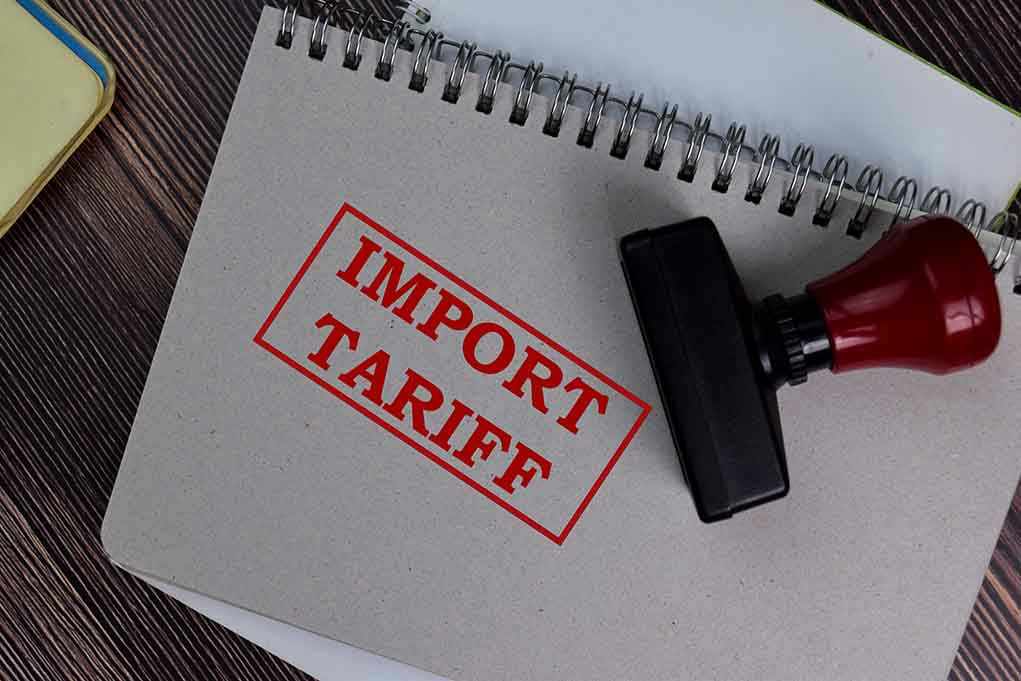
A new policy ends the de minimis exemption, disrupting global commerce and leaving consumers facing higher costs.
Story Snapshot
- President Trump ends the de minimis exemption, effective August 29, 2025.
- Multiple countries suspend parcel shipments to the US, causing global disruption.
- Consumers face higher prices as low-value imports are subject to duties.
- E-commerce platforms like Shein and Temu experience logistical challenges.
Termination of De Minimis Exemption
On August 29, 2025, the de minimis exemption, which allowed low-value imports into the US duty-free, will officially be terminated by an executive order from President Trump. The decision aims to address issues of tariff avoidance and safety concerns associated with less-regulated imports. This policy shift has led to widespread disruptions as foreign postal services, including those from Japan, Australia, and Taiwan, have temporarily suspended US-bound parcel shipments due to compliance uncertainties.
The de minimis exemption, originally set up in 1930, was intended to ease customs processing for low-value goods. Over the years, this threshold was increased to $800, significantly benefiting cross-border e-commerce platforms by allowing direct-to-consumer shipping without customs scrutiny. However, concerns over counterfeit goods and the evasion of tariffs prompted this decisive policy change, marking a substantial reversal in trade facilitation practices.
Impact on E-commerce and Consumers
The immediate suspension of parcel shipments by several countries has caused significant logistical challenges for e-commerce platforms like Shein and Temu, which rely on the de minimis exemption to deliver affordable goods to US consumers. The sudden policy change has increased costs for consumers who previously enjoyed duty-free purchases on small items. This has sparked concerns over consumer dissatisfaction, particularly among price-sensitive groups who rely on low-cost imports for their purchasing needs.
In response to the new regulations, there is potential for a reshaping of global e-commerce supply chains. Retailers may seek to establish US-based distribution centers to circumvent the new customs duties. However, this transition involves logistical complexities and increased operational costs. The long-term impact on global trade dynamics remains uncertain, with the possibility of retaliatory measures from affected countries.
Broader Economic and Political Implications
The end of the de minimis exemption also has broader economic, social, and political implications. Economically, the policy could lead to higher prices and reduced product variety for US consumers. Politically, the move has heightened trade tensions and could lead to diplomatic negotiations as other countries assess their own trade policies in response. Socially, the policy has the potential to provoke backlash from consumers dissatisfied with increased costs and limited product availability.
Experts have weighed in on the decision, noting that while it might help level the playing field for US retailers by enforcing tariffs, it also presents significant challenges in processing the increased volume of parcels now subject to duties. The efficacy of the policy in addressing trade deficits versus its impact on consumer welfare continues to be a subject of debate among economists and trade analysts.
Sources:
Axios: Trump Tariffs Impact on Shein and Temu
Supply Chain Dive: End of De Minimis Exemption
PoliticoPro: Trump’s Move to End De Minimis Loophole
Hogan Lovells: De Minimis Customs Exception Ending




